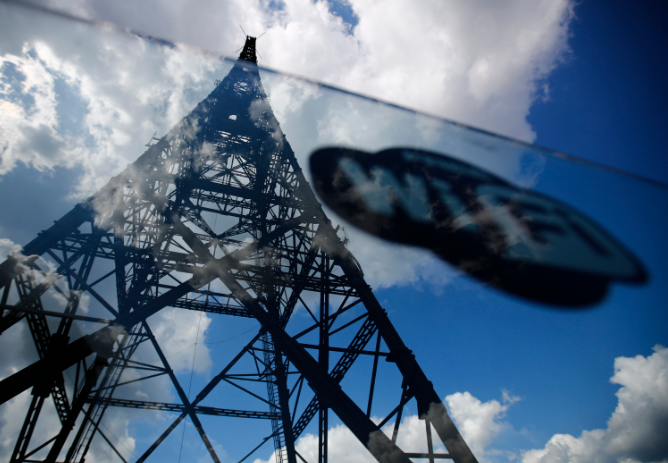The United States Federal Communications Commission (FCC) has ruled persons or businesses in the United States that intentionally interfere with Wi-Fi hotspots will be penalized and subject to enforcement action.
"Willful or malicious interference with Wi-Fi hot spots is illegal," ruled the FCC in a public notice issued on Jan. 27.
The ruling also denied an appeal by hotel chain Marriott International, Inc. The FCC fined $600,000 in 2014 for deploying a Wi-Fi "deauthentication protocol to deliberately block consumers who sought to connect to the Internet using their own personal Wi-Fi hot spots," the San Francisco Chronicle reported.
Marriott later filed a petition asking the FCC to allow hotspot blocking, claiming it was necessary to prevent cyberattacks on hotel networks.
The FCC denied the appeal and pointed out that Wi-Fi blocking violates Section 333 of the amended U.S. Communications and is, therefore, illegal.
It noted that Marriott later admitted the customers it blocked weren't a security threat as it claimed in its original petition. Marriott and other members of the hotel and lodging industry filed a petition asking FCC guidance on this issue.
The FCC said Wi-Fi "represents an essential on-ramp to the Internet" in the 21st century. It noted that personal Wi-Fi networks (or "hotspots") are vital for consumers to connect to the Internet.
The FCC said its Enforcement Bureau reports a worrying trend in which hotels and other commercial firms block wireless consumers from using their own personal Wi-Fi hot spots on their premises.
It pledged to protect consumers by aggressively investigating and acting against unlawful intentional interference with personal Wi-Fi hotspots.



























